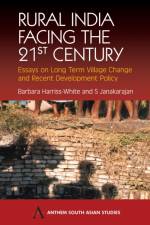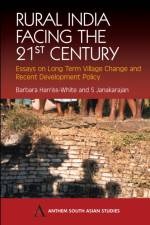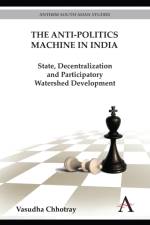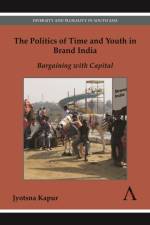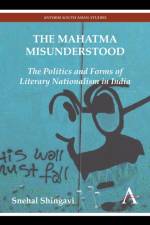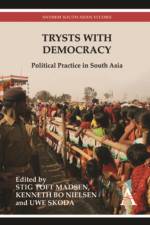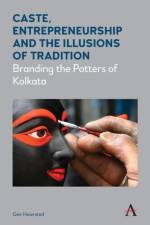- Bargaining with Capital
av Jyotsna Kapur
429 - 1 275
Has Indias shift to neoliberalism since the 1990s led to a heightened awareness of time and its passing, an intense preoccupation with youth, and anxieties over the relations between generations? The Politics of Time and Youth in Brand India discusses the politics of time that have emerged in popular discourses across cinema, television, print and consumer culture, arguing that contests over conceptions of time are, in fact, sites of battle between labour and capital.Kapur shows how the recent political-economic shift in India is accompanied by a new emphasis on youth and a preoccupation with change, novelty and the acceleration of time. This perception of time is examined through an interdisciplinary approach, drawing on critical theory and cinema and media studies, as well as two concepts from Marxist-feminist theory. The first focuses on the notion of capitalist development as a systemic form of underdevelopment, which perpetuates a radicalised individualism while simultaneously erasing selfhood, as each life-time is reduced to homogenous, commodified units of time, each with a varying price dependent upon ones position in the market. The second is the critique of the time-orientation of capitalism and its promise of freedom through novelty where, in fact, its reliance upon a system of private accumulation based on exploitation favours calculations of profits in the present over investing in the future. Together, these approaches shed light on Indias contemporary cultural politics, explaining how the countrys shift to neoliberalism is deeply intertwined with profound conflicts over conceptions of time, youth and the relations between generations.

